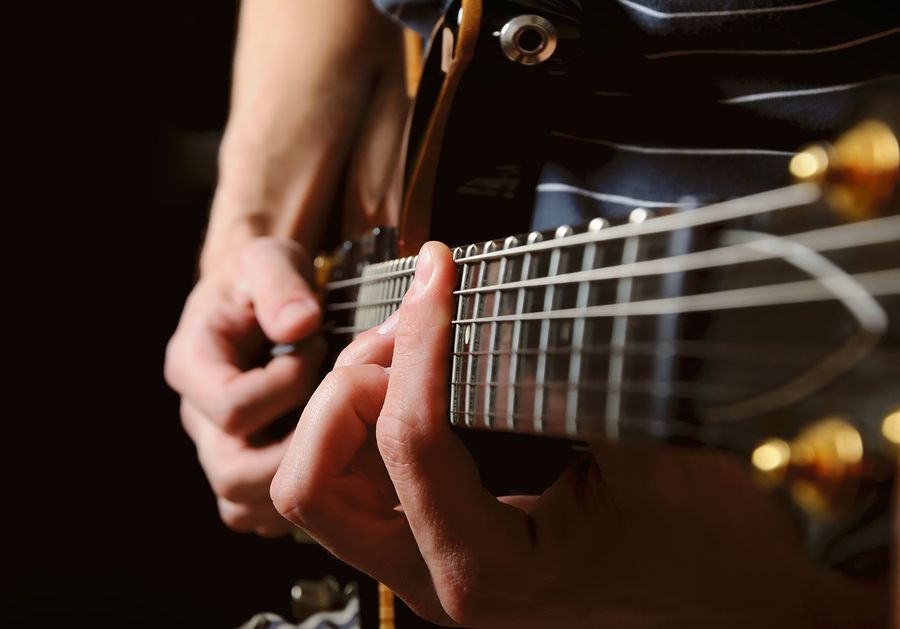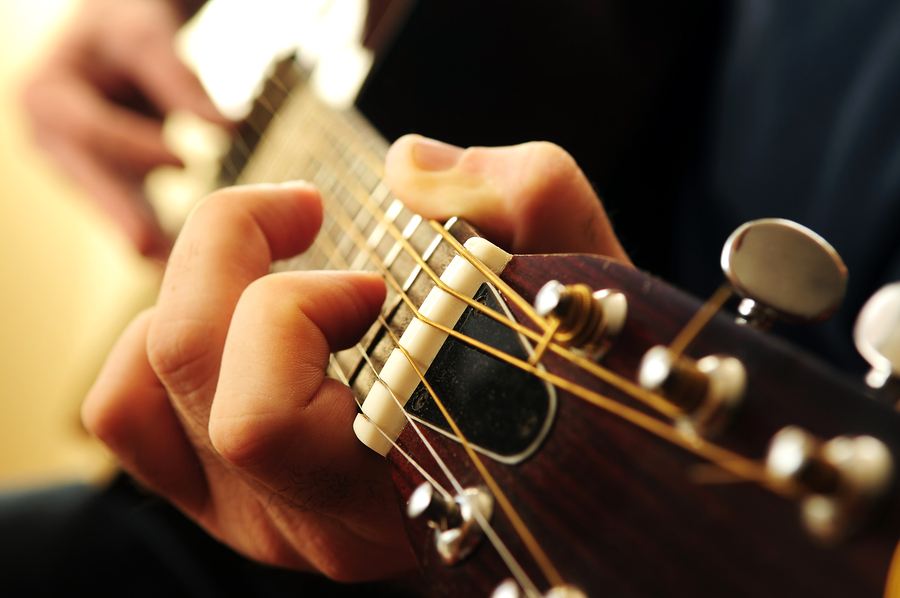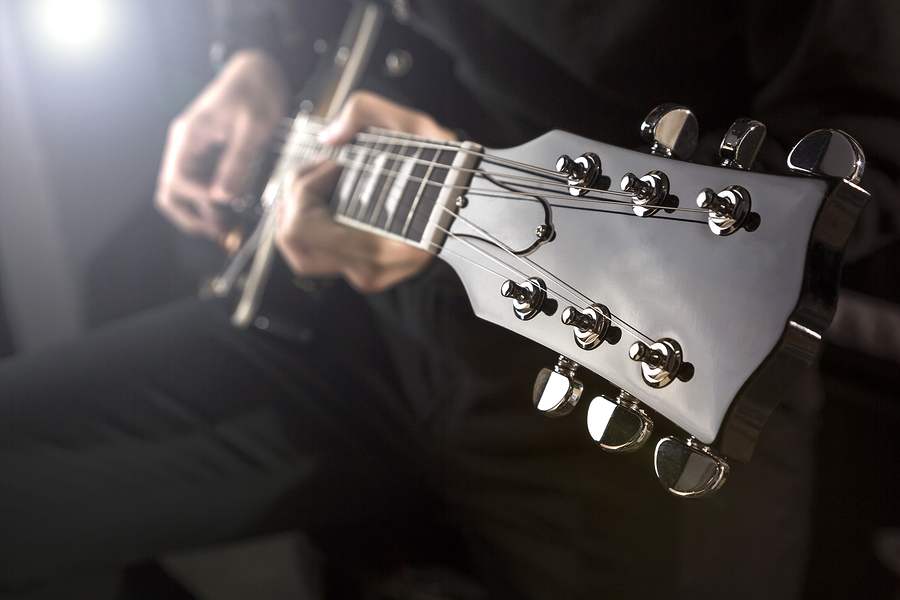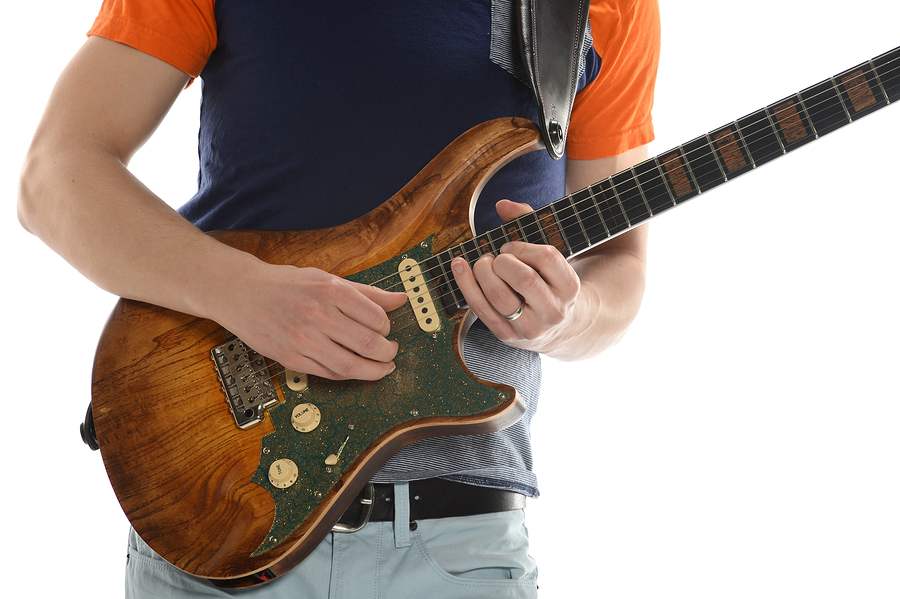Photo by Bigstock photo

Yes, it’s good and healthy to procrastinate once in a while. Sometimes it’s just better to leave things alone and come back to it another time. It can do miracles.
But when putting it off becomes a habit and starts working against you, you might want to find a way to deal with it. After all you want to become a better guitar player right?
Well here are the keys to solve this procrastination issue for once and for all.
Let’s hack it!
1 – Stop thinking and start doing
If you think too much about the amount of work and effort that goes into a song, a solo, learning to play fast or mastering a particular style then that thought becomes bigger and bigger. You might worry about failure or other issues, but the more you think about it the more complex it becomes. The thought expands a little more until it becomes a beast and you don’t know how to deal with it anymore.Continue Reading
 Most intermediate guitar players can find the notes across the neck on the 6th (low E) and 5th string (A). This is essential for learning barre chords, soloing and a lot of other stuff. If you don’t know the notes on the 6th and 5th string yet check out
Most intermediate guitar players can find the notes across the neck on the 6th (low E) and 5th string (A). This is essential for learning barre chords, soloing and a lot of other stuff. If you don’t know the notes on the 6th and 5th string yet check out  A lot of guitar players use only one pentatonic position / shape: The first position (E shape) it’s because it’s the most comfortable shape to play in.
A lot of guitar players use only one pentatonic position / shape: The first position (E shape) it’s because it’s the most comfortable shape to play in.